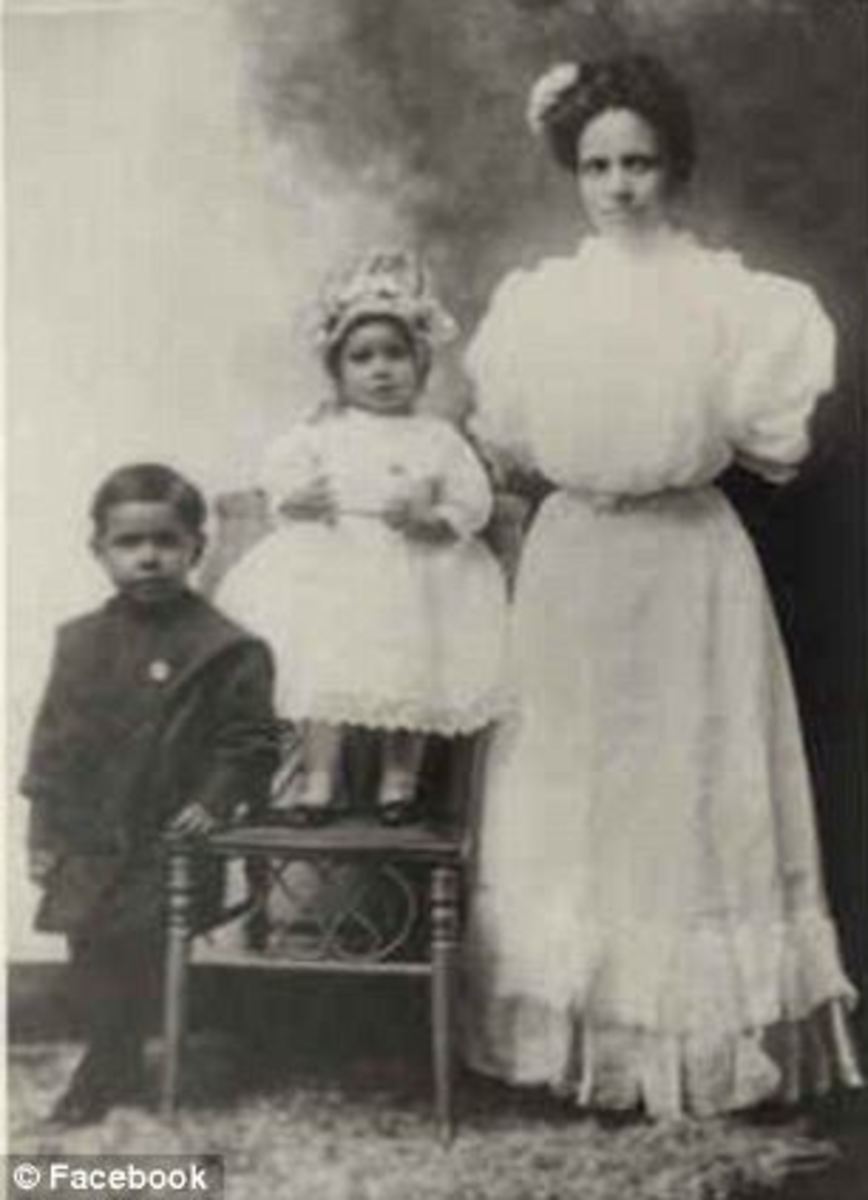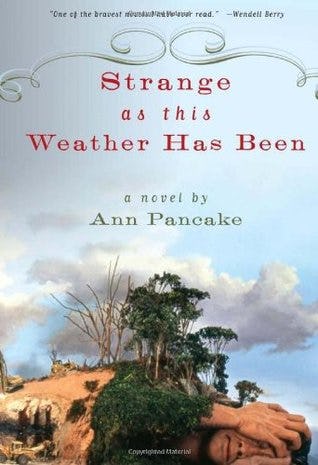
McCaulley, and his life growing up in the Smoky Mountains of eastern Tennessee.

I was about four years old.”6 In her book, A Cades Cove Childhood, Margaret McCaulley shared the story of her husband, J.C. Sometimes we had to carry water to livestock little, little children would carry like a four-pound bucket.”5Īnother Harlan County resident, Bobby Simpson, said, “I started working when I wasn’t big enough to even pack the bucket. Raleigh Bailey, the author of The Appalachian Experience, explains that children began work at an early age and that chores were “essential to the family economy.”4 Harlan County’s Arthur Johnson described working in the family fields: “We children used to work in the fields and have to carry out rocks… The littlest and the big ones, they would all join in and do that, and they would also carry water. He went to work in the coal mines when he was just twelve or thirteen. Harlan County resident James Wright recalled, “To make ends meet, the work of all family members was necessary.”3 Wright carried coal and cut wood daily. “Growing up hard” meant working hard from an early age. In addition to the 53-year-old, Tuckasegee, North Carolina native, Sanji Watson, this oral history project also includes the words and insights from Patricia (Pat) Solomon, 72, raised in Sylvester, Georgia Ron Hicks, 76, born and raised in Caretta, North Carolina William (Buster) Gray, 66, born and raised in Ridgecrest, North Carolina and Hazel Soles, 80, born and raised in Spruce Pine, North Carolina. The other narrators in this project also exhibited pride in “growing up hard” and not only survived but transcended the hardships of their childhoods. Jones stated that “growing up hard” not only meant growing up in hardship, but it also meant “gaining strength and learning tenderness from that hardship.”2 This insight resonates in particular with the central character in this oral history, Sanji Watson.

Jones, the former businessman, logger, and coal miner, whose autobiography, Growing Up Hard in Harlan County, detailed his early days in southeastern Kentucky. The pride and sense of satisfaction she felt about her upbringing is a profoundly moving account of life and work in Appalachia. Sanji had the “hardest” childhood of all of the five interviewed subjects in this project. In his book, They Say in Harlan County, Alessandro Portelli wrote, “We grew up hard, yet you grow up with a sense of pride,” and the “harder” it was, the greater the pride.1 This perspective was undoubtedly true of Western North Carolina native, Sanji Watson. Growing up in Appalachia and the rural South is no easy feat. Love and work, work and love… that’s all there is.

Growing Up Poor in Appalachia and the Rural South: Defining Attitudes Toward Work Mary Martinez, Western Carolina University


 0 kommentar(er)
0 kommentar(er)
